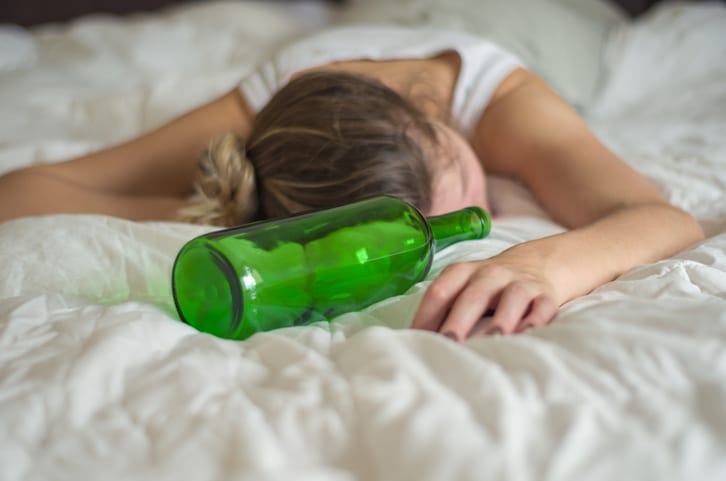They’ve been the subject of comedy skits, courtroom dramas and even Supreme Court justice nomination hearings but the reality is that blackouts are a common and dangerous result of excessive alcohol consumption.
“A blackout comes after heavy or binge drinking when the person loses control over impulses and, later, has no memory of what happened,” explains Dr. Samuel Silverman of Rushford Center. “The person does not necessarily lose consciousness, but, later, cannot recall anything from the blackout period.”
He notes that there are two kinds of blackouts:
- Fragmentary blackouts can occur after a low level of alcohol consumption and leave the person struggling to recall small segments of time. The blackout partially interferes with memory formation during intoxication. The person may not remember information even when prompted, and may stop talking in mid-sentence, unable to complete a thought.
- En bloc blackouts cause longer periods of memory loss after drinking. The person may be physically and mentally able to perform various activities but doesn’t seem quite normal. They will then have no memory of anything that happened during the blackout period.
The trouble, Dr. Silverman continues, is that blackouts are unpredictable, both in when they happen and how long they will last. Many people have grasped at fuzzy details of activities after a night of partying, but with a blackout one might wake up in a strange place and not know how they got there or who is with them.
“Blackouts can last a few minutes or for an extended period of time, even days,” Dr. Silverman says. “The person may even be conscious and seem normal but will not remember what happened during that time because the brain is not capturing information for later recall.
“During a blackout, there is a chemical disruption in the hippocampus, the part of the brain related to memory formation. It’s like an alcohol-induced amnesia.”
It’s not just alcoholics who experience blackouts, he continues. Most occur after drinking a large amount of alcohol in a short period of time. Someone who downs several shots of alcohol in quick succession will be more likely to experience a blackout than another person drinking the same amount of alcohol over a longer period of time.
“The way to avoid blackouts if you are going to drink alcohol is to pace yourself and drink slowly to allow your body to process it,” Dr. Silverman says.
He adds that the National Council on Alcoholism defines risky drinking between risky as more than three drinks at any one time or seven drinks in a week for a woman and more than four drinks at any one time or more than 14 drinks in a week for a man.
If blackouts seem to occur often, Hartford HealthCare’s Behavioral Health Network offers alcohol recovery help through its MATCH (Medication Assisted Treatment Close to Home) Program. For more information, click here, or call 885.825.4026.

